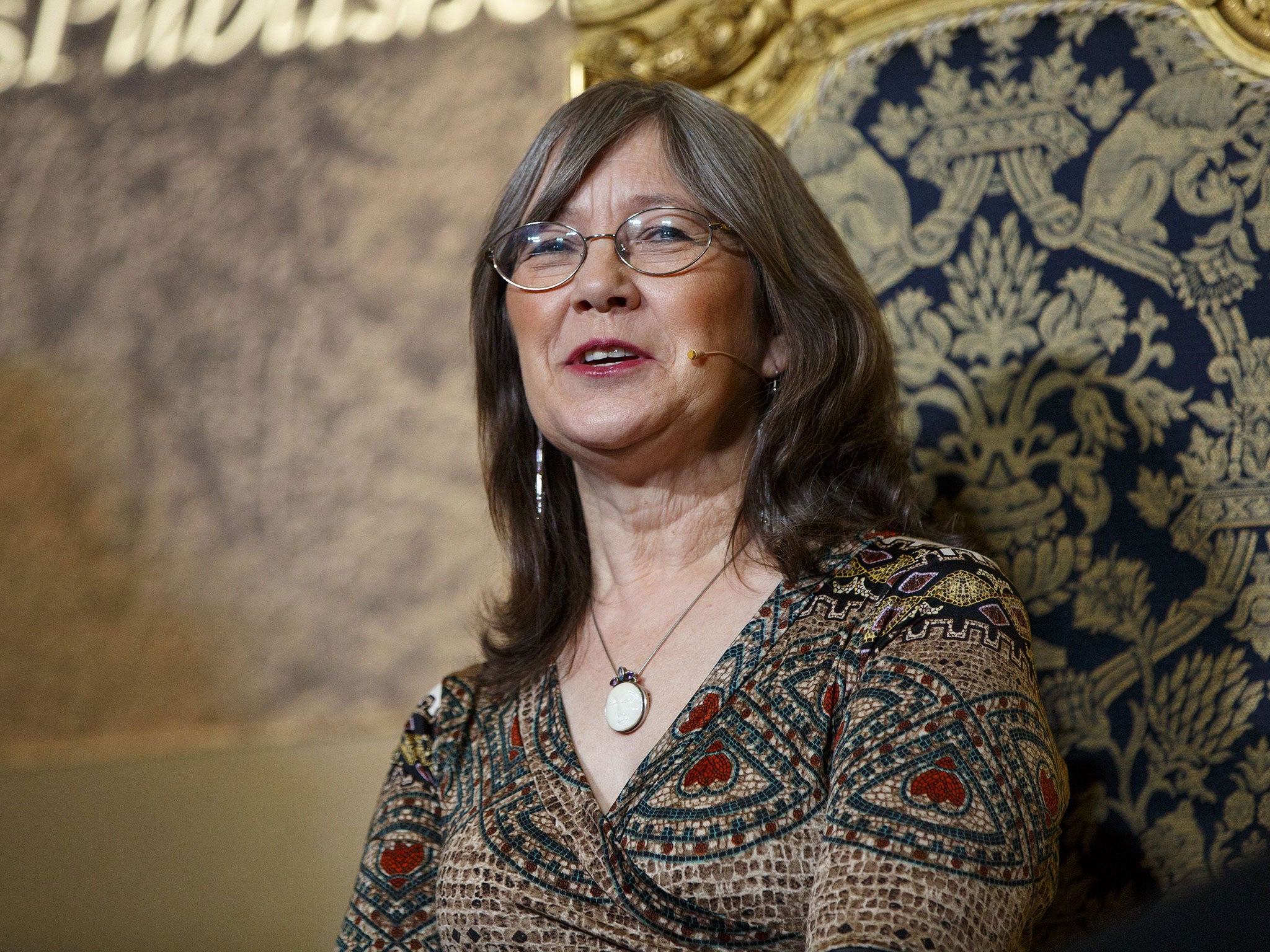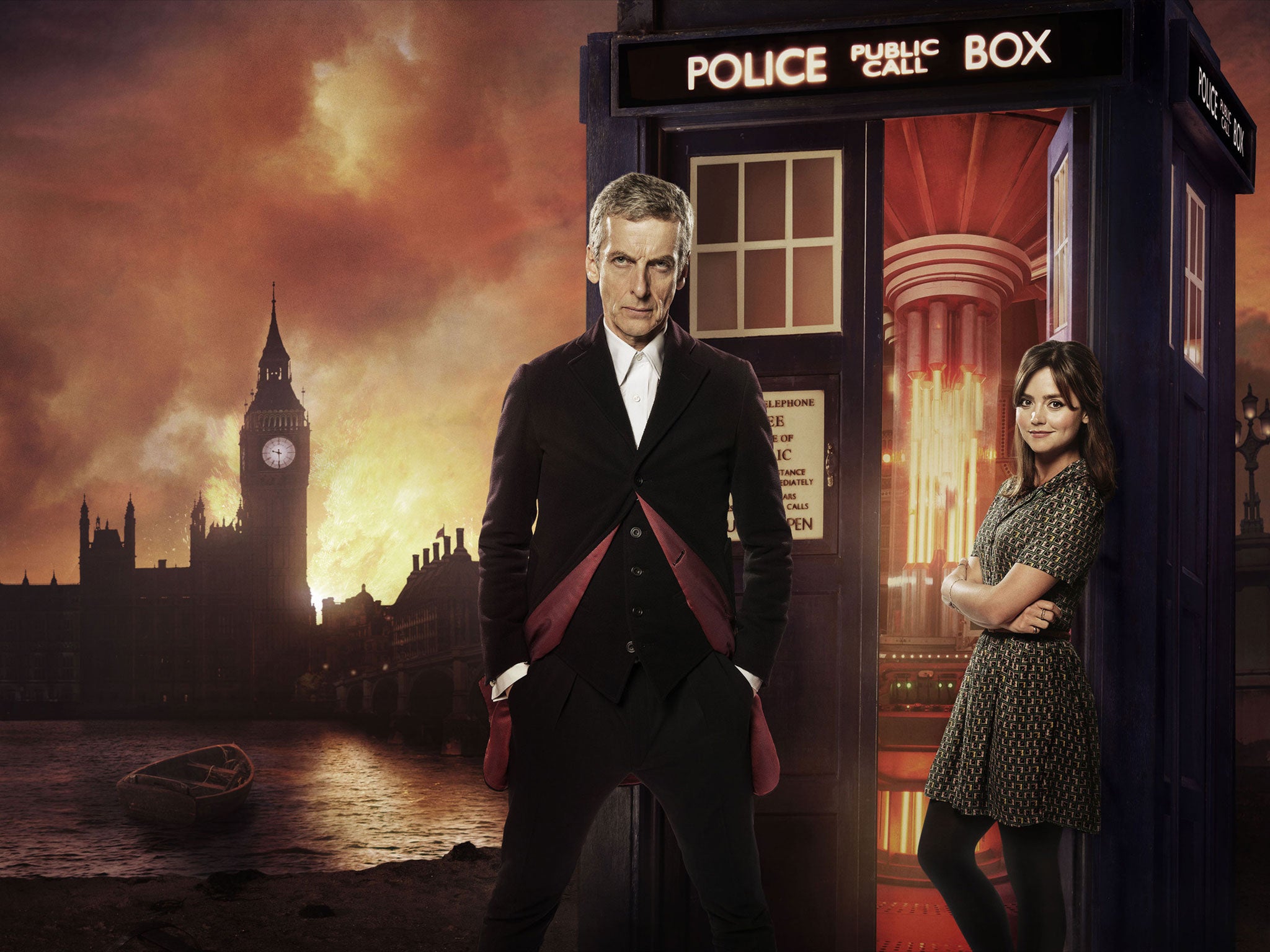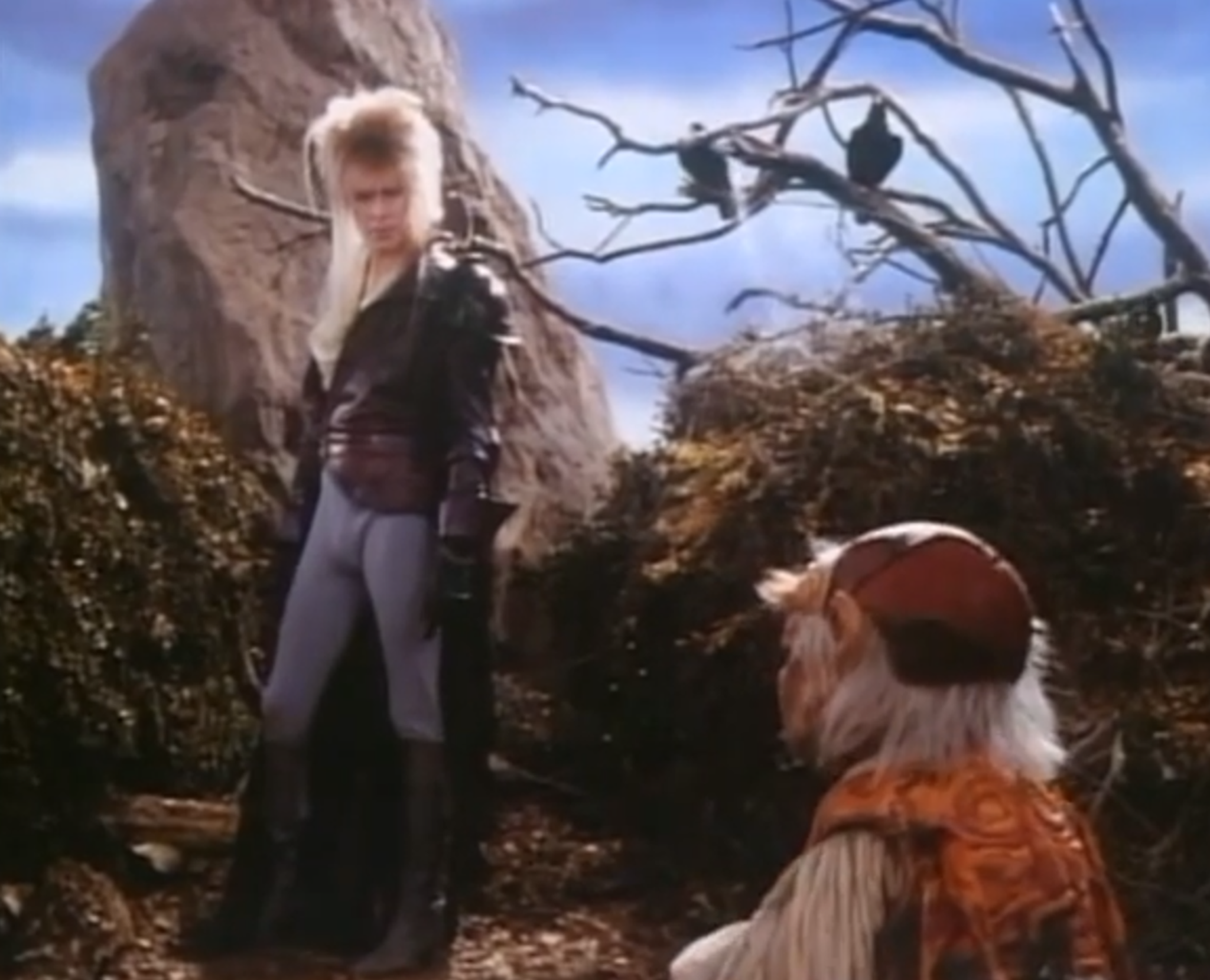Robin Hobb: 'Is the fantasy genre dominated by males? I've never found it so'
The acclaimed fantasy writer talks about re-visiting an old character and why she’s happy that her books have not yet been adapted to the big screen

She is a best-selling author with dozens of novels under her belt. Her work has been translated into every language from Bulgarian to Chinese. And alongside Terry Pratchett and George RR Martin, she is one of the biggest fantasy writers on the planet, but mention the name Margaret Astrid Lindholm Ogden and you may get a blank look. Try Robin Hobb - one of Ogden’s pen names.
Fantasy writers don’t come much bigger than Robin Hobb, who also goes by the pen name of Megan Lindholm. She adopted the nom de plume in 1995 when she embarked on more traditional epic fantasy work, marking a departure from the writing style of Megan Lindholm.
She settled on Robin Hobb after finding that authors with surnames beginning with ‘H’ were often placed at eye level in the middle of shelves in bookshops.
It was a masterful stroke that saw her worked placed near writers like Robert Heinlein and Frank Herbert. She says the name Robin was intentionally androgynous, with positive connotations like Robin Hood and the Christmas robin.
The American author has written over 13 novels as Robin Hobb. Perhaps her most famous work is The Farseer Trilogy featuring FitzChivalry Farseer (Fitz). The novels follow the adventures of the royal assassin Fitz and his telepathic powers.

After nearly a decade, Hobb has returned to her beloved Fitz with a new trilogy that starts with ‘Fool's Assassin’. The latest novel finds Fitz, happily married with a family. But when a mysterious murder takes place in his home, he is dragged back into the dark world he left behind. So why has Hobb decided to revisit this character now and plunge him into more turmoil?
"I think I always knew that I would come back to Fitz and the Fool and some very astute readers have even written to me over time because they have come across certain key phrases at the end of the book that hint that there is more to tell.”
We last saw Fitz back in 2003’s ‘Fool’s Fate’, since then Hobb has been busy writing other things, including The Rain Wilds Chronicles. She also wrote the Soldier Son Trilogy , which was set in a new world unrelated to her previous works.
“There was a necessary pause and there was also the intervening years when I was writing the Soldier Son Trilogy, and was thinking fairly deeply about how I wanted [Fitz] to go and how closely to stay on the path that I had mentally mapped out from the beginning and how much to vary from it.”

Hobb was recently at a Q&A session with fellow fantasy supremo George RR Martin, the pair share the same UK publisher. Martin has taken over the world with his A Song of Ice and Fire novels thanks to the overwhelming popularity of the HBO Game of Thrones television series. Despite the success of the show, Hobb seems quite content with her lot.
"I know some people see it as this success when the book is finally made into a movie - that marks its success, I don’t see it that way. In fact, sometimes I regret that the wonderful children’s stories that have been made into movies were – people no longer read The Wizard of Oz, they think they know the story, they don’t know anything about all the bits and pieces they had to leave out."
But Hobb is not averse to having her work translated to the silver screen, if she had to pick one it would be the Megan Lindholm short story Old Paint.

Even though she chose an androgynous pen name for her epic fantasy novels, Hobb firmly believes that the genre is not male-dominated.
"I know that many of my colleagues and readers may disagree with me," Hobb says.
She cites Harry Potter as the prime example, the books were of course written by female author JK Rowling.
Hobb goes on to say, "I think there have always been male writers, female writers. As a reader I never picked up a book and said 'oh, I can’t read this, it’s about a male' and set it back down."
"So is it dominated by males? I think it possibly depends on your perspective, I’ve never found it so."
Over the past decade the fantasy genre has come into its own. Countless comic book heroes have been brought to the big screen, while the success of Doctor Who and Game of Thrones shows that there are plenty of people interested in fantasy. So is it finally okay to be a geek?
“Oh, I think it was always okay to be a geek. I think it’s a little bit okay to admit it to your friends now,” she says with a laugh.
Her own personal favourites from the past two decades include MirrorMask, Labyrinth, The Dark Crystal and Ladyhawke, as well as the films of Japan's Studio Ghibli.

She is now working away on the second instalment of the Fitz and the Fool Trilogy, which she says is tentatively called The Fool’s Quest.
“It’s been a little difficult with all the travelling I’ve done this year but I hope to get it wrapped up and turned in in a timely fashion.”
Robin Hobb’s ‘Fool’s Assassin’ is published by HarperCollins (£20)
Join our commenting forum
Join thought-provoking conversations, follow other Independent readers and see their replies
Comments
Bookmark popover
Removed from bookmarks